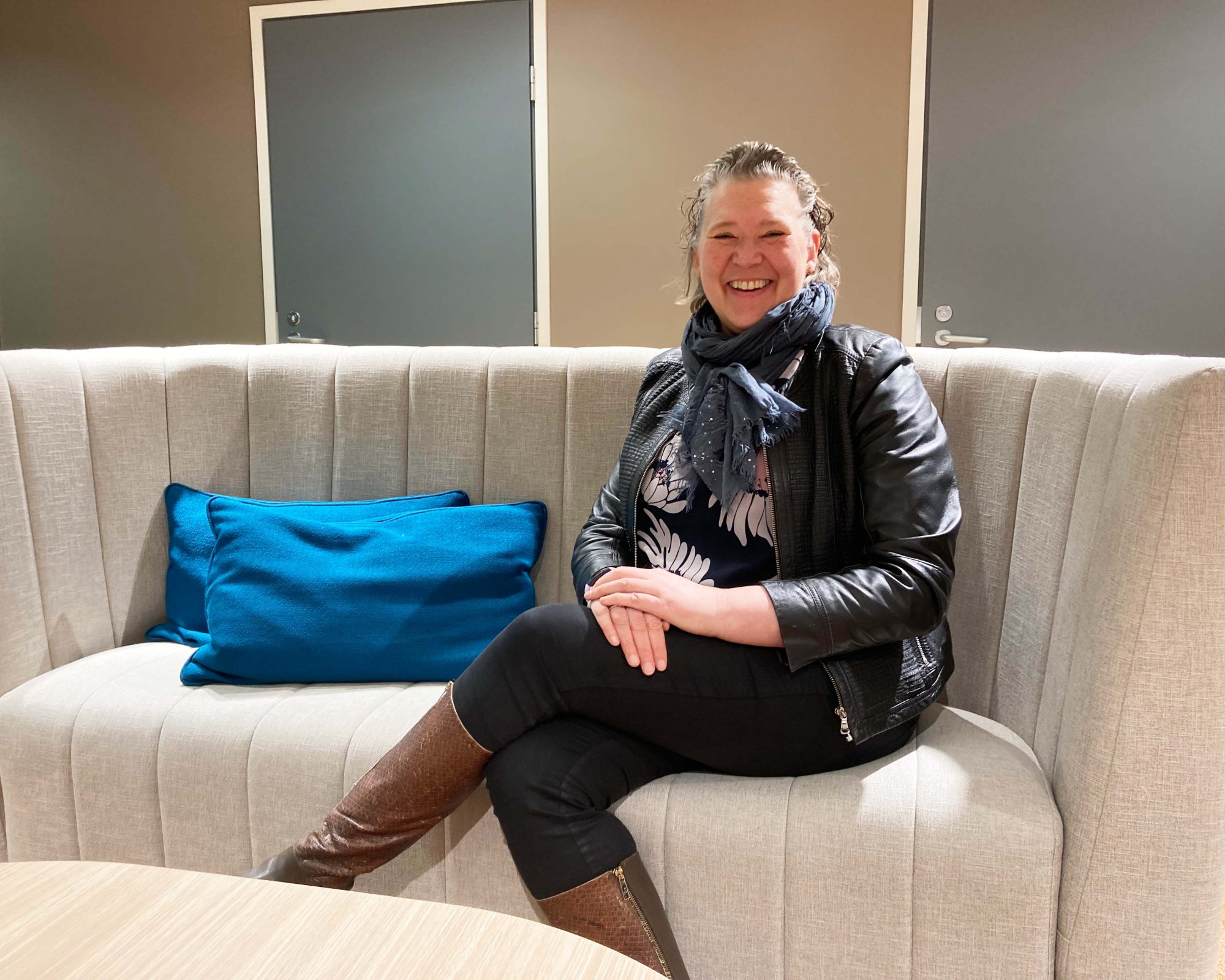Ten steps in the treatment path of colorectal cancer – what happens after the tests
16.6.2024 Categories: Articles
Docrates employs a wide range of professionals specialised in the treatment of cancer, with the latest and most effective tools needed to examine and test for cancer. The treatment path, all the way from early cancer diagnosis to treatment, is fast and effiecient. Your very own care team will make sure that you always know what happens next.
This is how the treatment path of colorectal cancer progresses at Docrates:
1. The FIT test is a stool test designed for the early detection of cancer. It is suitable for any asymptomatic person who wants to learn about their risk of colorectal cancer. The sample is taken at home and then examined in the laboratory.
2. If the result of the FIT test is negative, which means that no blood was found in the stool, further tests may not be necessary. However, Docrates recommends intestinal endoscopy, or colonoscopy, as the best and most reliable screening test for people over the age of 50 every five to ten years, especially if the person has other risk factors. This helps to prevent the risk of developing colorectal cancer and to detect and treat colorectal diseases as early as possible. If colorectal cancer or its precursors are not found by endoscopy, but you experience unpleasant gastrointestinal symptoms, you may be referred to a nutritionist who can discuss dietary treatment for your symptoms.
3. If the result of the FIT test is positive, which means that blood was found in the stool, our nurse will contact you to arrange further.
4. At Docrates, a gastrointestinal surgeon performs a During the colonoscopy, the intestine is examined for any mucosal abnormalities. Polyps, or possible precursors of cancer, can be removed during the colonoscopy.
5. The biopsies taken during the colonoscopy are sent to the pathologist for examination. The pathologist draws up a statement of the findings, and the doctor who performed the colonoscopy discusses the results with you. The preparation of the statement usually takes about 1–2 weeks.
6. If the colonoscopy and samples show signs of colorectal cancer, your next step is to have an appointment with an oncologist to arrange further tests. Typically, the next step is cancer staging, using methods such as computerised imaging and MRI. Blood samples are also taken.
7. Once the results are confirmed, you will have an appointment to set up your personal treatment plan. The most common form of treatment for colorectal cancer is surgery, in addition to which chemotherapy and radiotherapy may also be necessary.
8. Surgery is usually performed at a central or university hospital. The treatment involves a team consisting of a surgeon, a pathologist, an oncologist, a radiologist, nurses and, if necessary, other specialists. If you wish, the personnel of Docrates will keep in touch with you during the treatment and make sure that all of your questions are answered.
9. After surgery, your individual treatment path continues at Docrates. This includes, as necessary, pharmacotherapy, radiotherapy and follow-up tests, such as blood samples, endoscopy and imaging. You can also have your initial examinations and tests performed at Docrates and then continue your treatments at a different treatment unit.
10. The oncologists at Docrates specialise in the comprehensive treatment of cancer, follow international treatment guidelines and use solutions such as molecular diagnostics when planning treatments. If necessary, the cancer risk of close relatives can also be assessed.
Colorectal cancer examinations and treatment call for experienced medical professionals
Diagnostic examinations require the expertise of medical professionals. This also applies to cancer treatment and the planning of treatment. At Docrates, you are in professional hands. Even if your colorectal cancer is being treated in the public sector or in another treatment unit, you can contact the gastrointestinal surgeon and oncologists at Docrates for their opinion on your diagnosis and treatment.
A cancer diagnosis is always a shock, and cancer treatment can have quite a major impact on your life. Docrates provides services that support your treatment, such as psychological support, sexual counselling, urologist’s services and nutritional therapy, with no need for referrals.
In 2024, Docrates will have its own pathology unit that will perform some of the immunocytochemical examinations. The pathology unit means even faster test results and information flow between you and the specialists at Docrates.
Welcome to Docrates – we care for you and your loved ones!
Want to book an appointment?
Docrates Cancer Center is a Finnish hospital specializing in the diagnosis, treatment and monitoring of cancer in Helsinki. We offer the opportunity to get to the top cancer professionals quickly without a referral, which also means starting treatments without delay. Please contact us, we’ll be happy to help!












